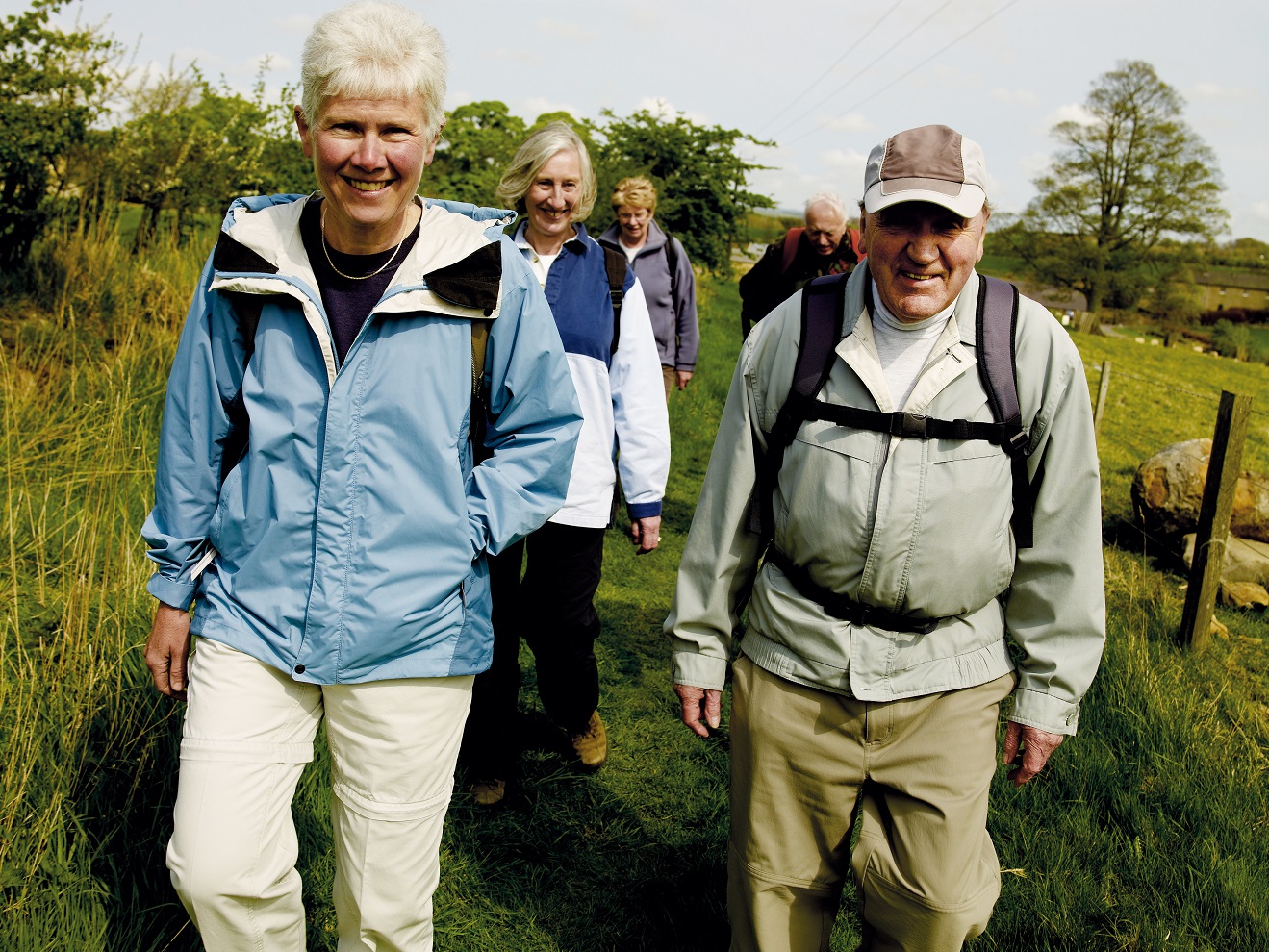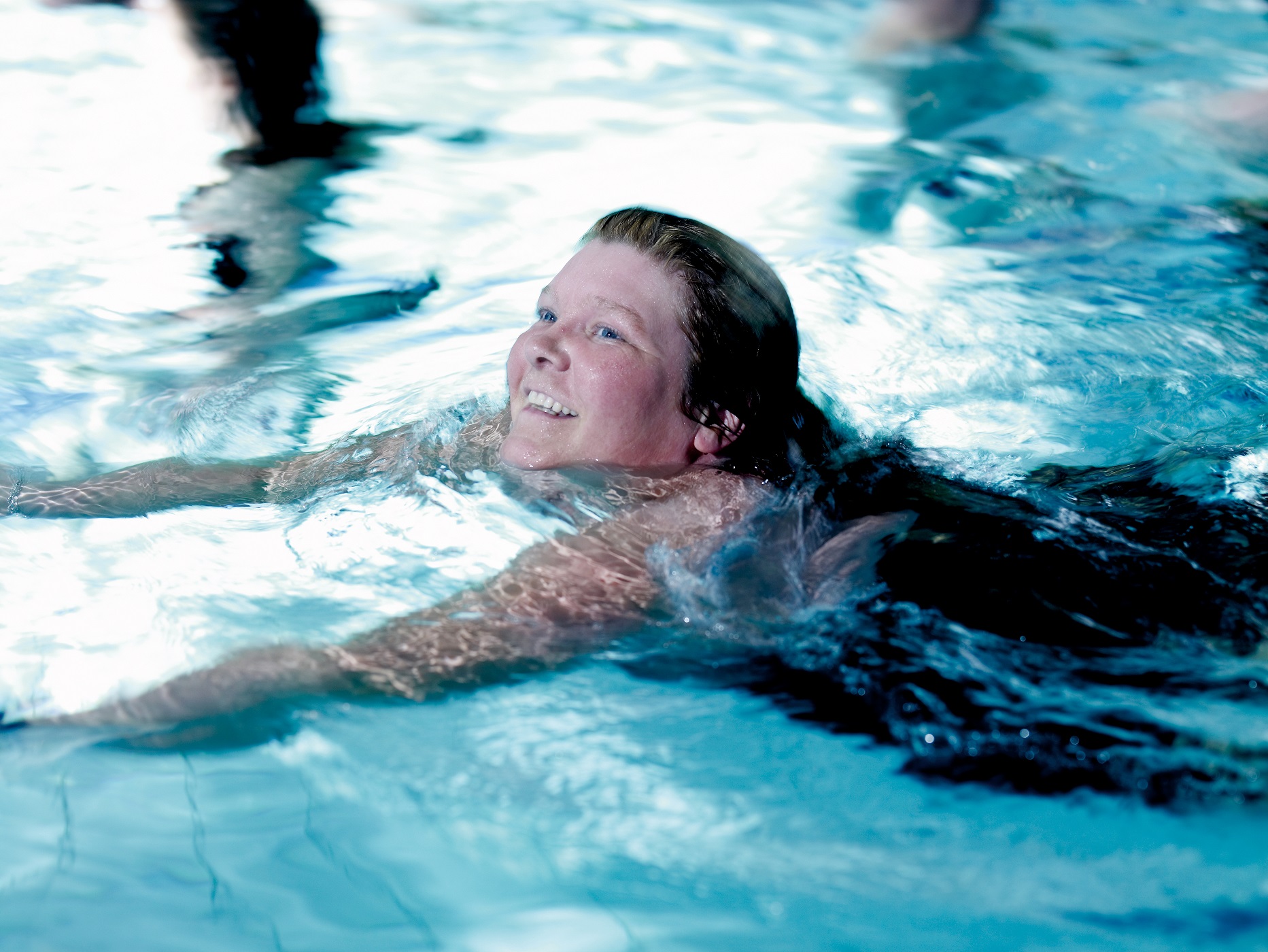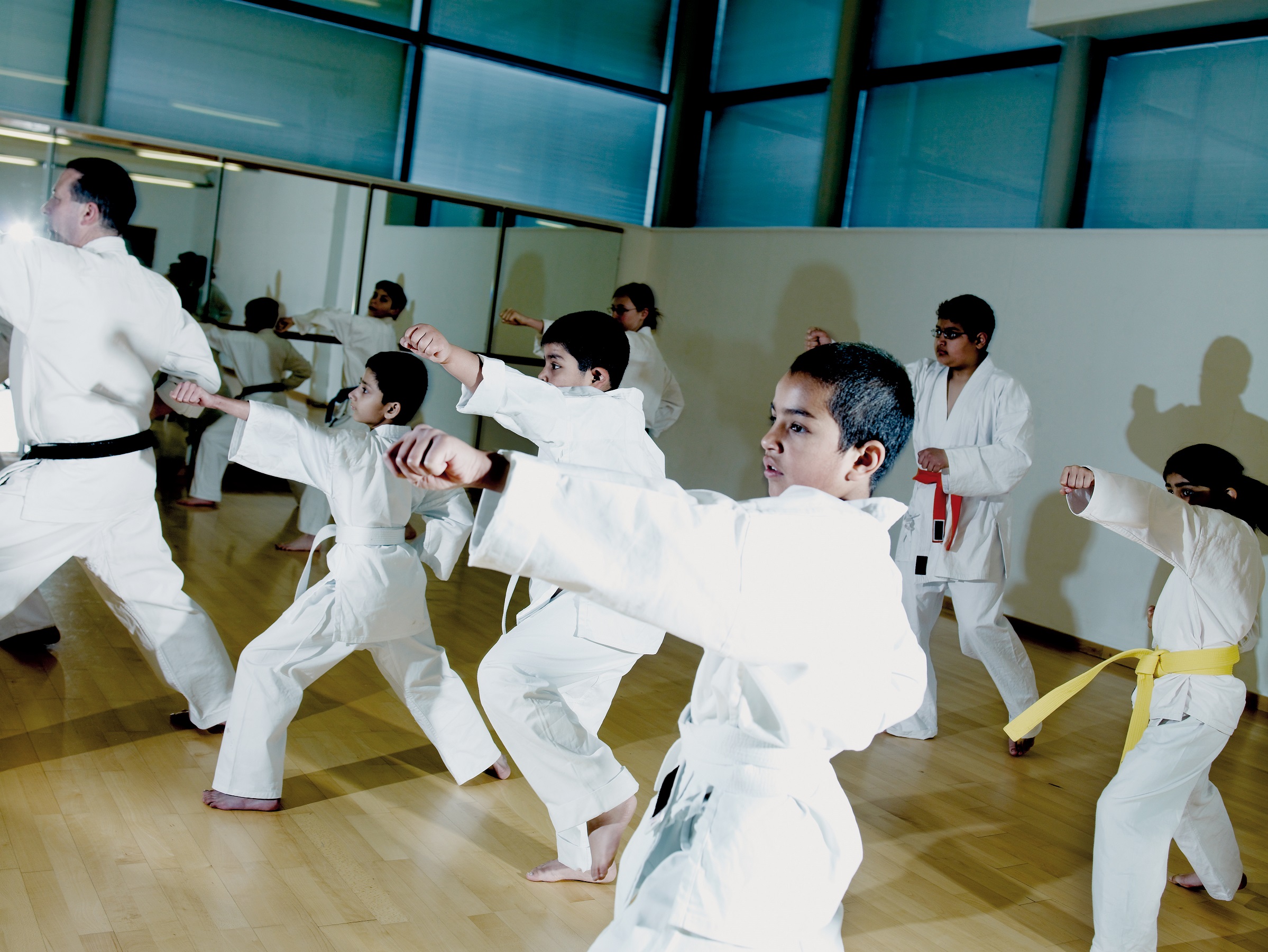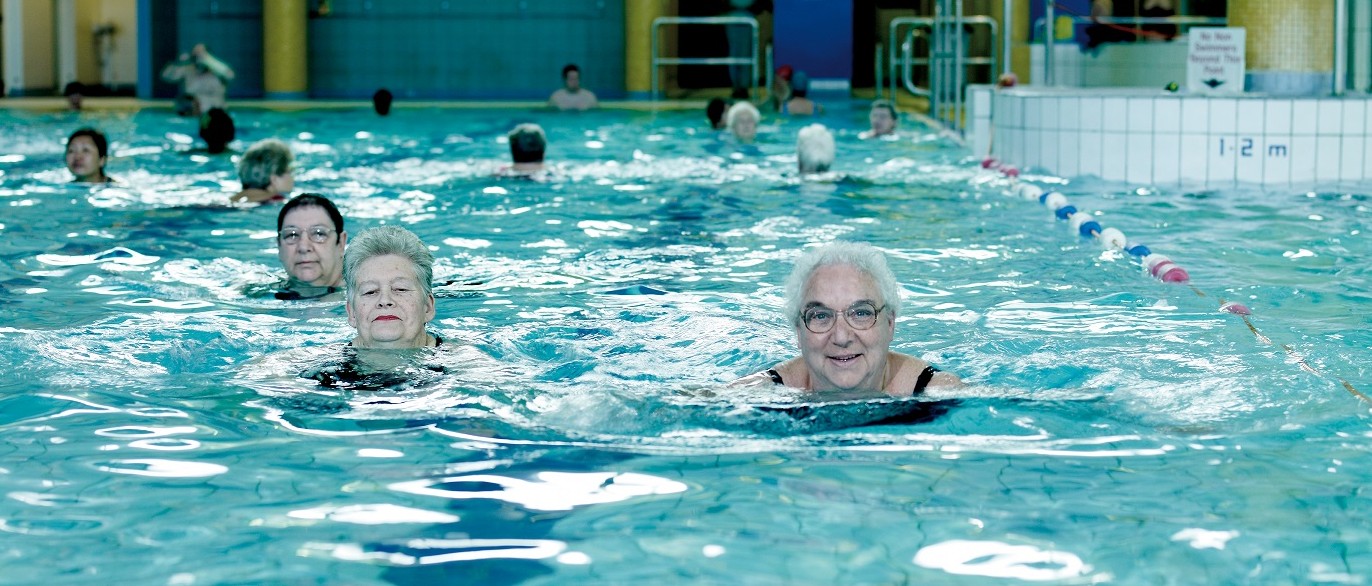We’ve all heard the old saying ‘healthy mind in a healthy body’ – an old Roman saying first coined by the poet Juvenal – and like many old sayings, not given it much thought?
However, it turns out there really is a connection between the health of the body and the health of the mind. In the last few years there have been numerous studies that show the positive effect exercising has on the brain and mental wellbeing.
What are the brain benefits of exercise? And, what can we do to harness them for ourselves?
Building muscle

Your brain is like any other muscle in your body – use it, or lose it! Learning, reading, puzzles and other types of brain ‘work’ all help increase connections in the brain. But, grabbing your trainers and getting yourself moving also seems to have a positive effect on brain function.
A study conducted by the Department of Exercise Science at the University of Georgia found that even brief levels of aerobic exercise (about 20 minutes a time) boosted information processing and memory function.
Further research by the University of British Columbia found that aerobic exercise (the kind that gets your heart beating faster) appears to boost the size of the hippocampus – the area of the brain involved with memory and learning. Resistance training, balance and muscle toning exercises didn’t have the same result (but they’re still important to include in any fitness regime!).
Protective function
Exercising doesn’t just build your brain, it has also been shown to protect against age-related cogitative decline. A large-scale study, conducted by King’s College London, followed 9,000 individuals from the age of 11 until 50. Those who had exercised two to three times a month from the age of 11 scored higher in memory, attention and learning tests than those who hadn’t. These results aren’t a one off – they’ve been replicated in similar studies in Australia and the US too.

Getting active won’t only protect against mental decline; aerobic exercise has a positive effect (in the lab at least!) on the levels of dopamine we release – meaning physical activity might be an effective anti-depressant.
We already know exercise improves sleep and reduces stress and anxiety. Problems in these areas can cause cognitive impairment and poor mental wellbeing, so it’s not surprising that exercise has such a profound effect on our grey matter.
Boost your brain – it’s not hard!
So, how do you reap these head-helping benefits? Get exercising!
Most of the studies conducted looked at brisk walking or running, however (in my opinion) any aerobic exercise is likely to have the same benefit. If your heart starts pumping faster, you feel warmer, sweat a bit and get a little out of breath, then the exercise is at a level that’s working.
You may not want to walk or run – there are plenty of other moderate to high intensity activities you can do instead. For example swimming, dancing, tennis, squash, hockey, football, basketball – the list is extensive. It’s a good idea to pick activities that you’re interested in and enjoy – it makes it far easier to get motivated about moving and of course it helps to ensure you stay interested too!

The Government recommends that adults get 150 minutes a week of moderate to high intensity activity – and most studies showed that those that achieved around this amount of exercise saw brain boosting benefits.
However, any increase in physical activity is better than no activity. If you haven’t been physically active for a while, set lower exercise targets at first and gradually build frequency and intensity. This will help protect your body and will be more sustainable.
Not sure about how to get active? Your local leisure centre or gym can advise on suitable classes or activities. They can also help you put together an activity plan to suit your current level of physical fitness – even if you don’t feel very fit at all.
But if exercising with others doesn’t do it for you or you want a one-to-one experience, you could hire a personal trainer – they can train you in a gym or come to your home. A good PT will help you build your confidence and create a personalised programme just for you.
If you have any underlying health concerns or need some support getting back into exercise, your GP can give you advice and refer you to local support services.
Healthy habits start young
The brain boosting properties of exercise aren’t just for grown-ups. The benefits of exercise are far greater if you start from childhood and continue to be active as you age. Getting children into a regular activity routine lays down good practice – making them more likely to keep exercising as they grow up.

And, like adults, active kids are more settled, focused in class, sleep better and have a better sense of personal wellbeing.
The Government’s recommended activity guidelines for children aged 5-18 are much higher than for adults. At this age they need 60 minutes a day (or 420 minutes a week) of moderate to high intensity activity. During the week, PE and playtime account for a large amount of this, especially for children of primary school age. However, physical activity shouldn’t stop at weekends, during the holidays or when they reach their teenage years.
There are plenty of formal classes and groups that children can join, or why not look for an activity you can do as a family, such as cycling?
It doesn’t matter what age you are, how fit you feel or how long you haven’t exercised for – get moving, get brain boosting!

